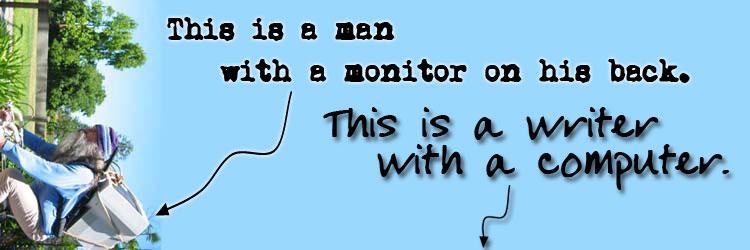Growing up, I wanted to be a film critic. Sitting at the foot of my parents’ bed, I marveled at the magic that appeared on screen. I was frightened, thrilled, and relished all the stories that were told. So easily and simply.
Despite being a movie lover (which may imply video lover), I never watched Ebert and Siskel. Instead, I devoured written movie reviews. Yet with Roger Ebert, his reviews read like poetry—taking me on a journey of his life and perspective. This is what movies…stories…are to me.
We will never understand the complete life of the storyteller. Yet in the middle of the story, we get a glimpse of their personal perspective. For a moment, we understand their pains, their fears, their disgust, their loves.
“What is your goal of your writing?” sometimes I am asked.
I always answer, “I write because I need to write. I write because I want to understand myself. I write because I want people to pause for a moment and think, “You know, I never thought about it that way.”
Writing in its truest form requires the writer to be honest. In writing, the reader must trust me that I will bring them to a safe place, while revealing moments of beauty, clarity, pain along the way.
In Roger Ebert’s reviews, which I read ferociously once the Internet boomed, helped me understand life. After watching a poignant film, I would read his review, wondering about his take. But most importantly, I was curious about how it related to his life. Even when I heavily disagreed, I could see clearly his point of view. That is the power of a great writer.
I was trying to search for the reviews that I would read over and over again, after experiencing a movie that tugged at my heartstrings or frightened my soul. I can’t pinpoint a single one. Was it the one on Before Sunset? Twin Falls Idaho? I don’t remember, but with his writing and his introspective blog posts and twitter commentary, I felt safe.
I will miss you, Roger.
